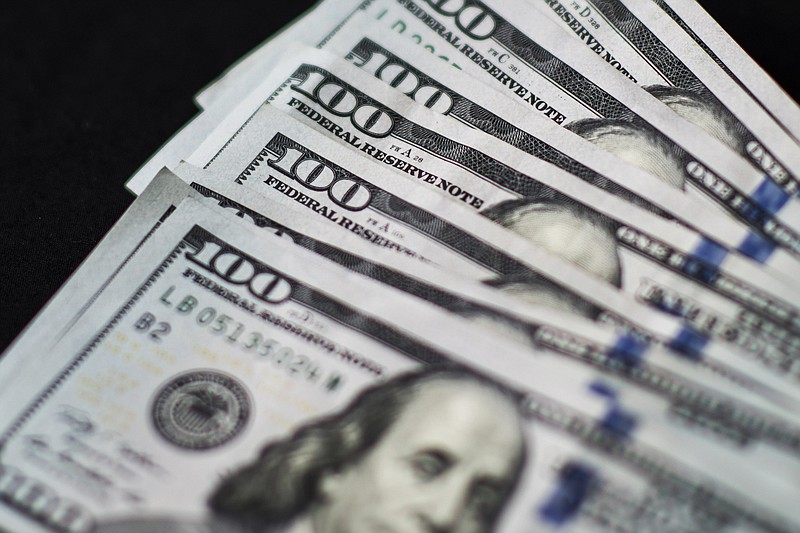NASHVILLE - Tennessee revenue collections exceeded budgeted estimates by $19.1 million in August, the first month of the state's fiscal year, Finance Commissioner Larry Martin said today.
The general fund, which pays for most functions of state government, exceeded projections by $10.6 million and the four other funds, including fuel taxes that pay for highways, were $8.5 million over projections.
Sales tax collections were the brightest spot with $39.7 million more than estimates. The August growth rate was 8.26 percent.
Overall revenues were pegged at $898.4 million, which is $28.5 million above August 2014 collections.
While sales tax figures were good, corporate tax collections were off by $26.6 million.
"The shortfall in corporate taxes can be attributed mostly to refunds of pre-paid taxes," Martin said.
"While we are encouraged by the August revenue numbers, we do have some concerns about global economic uncertainty, and what effect we might see in Tennessee from further decline in the European and Asian markets," Martin said. "It's important for us to maintain close controls on state spending and to carefully monitor our revenue trends."
Last month, Martin issued a directive to state agencies in which he asked officials to outline spending cuts of up to 3.5 percent in discretionary spending as the Haslam administration begins to develop next year's 2016-2017 fiscal year budget.
The administration considers that an annual exercise in spending restraint and doesn't always go with the top-line reduction figures for all departments.
On an accrual basis, August was the first month in the 2015-2016 fiscal year.
Gasoline and motor fuel collections increased by 5.95 percent from the previous August and were $4.3 million above budgeted estimates of $70.3 million.
Inheritance tax collections were $0.2 million below the budgeted estimate. Privilege tax collections were $4.2 million more than the budgeted estimate of $21.1 million

